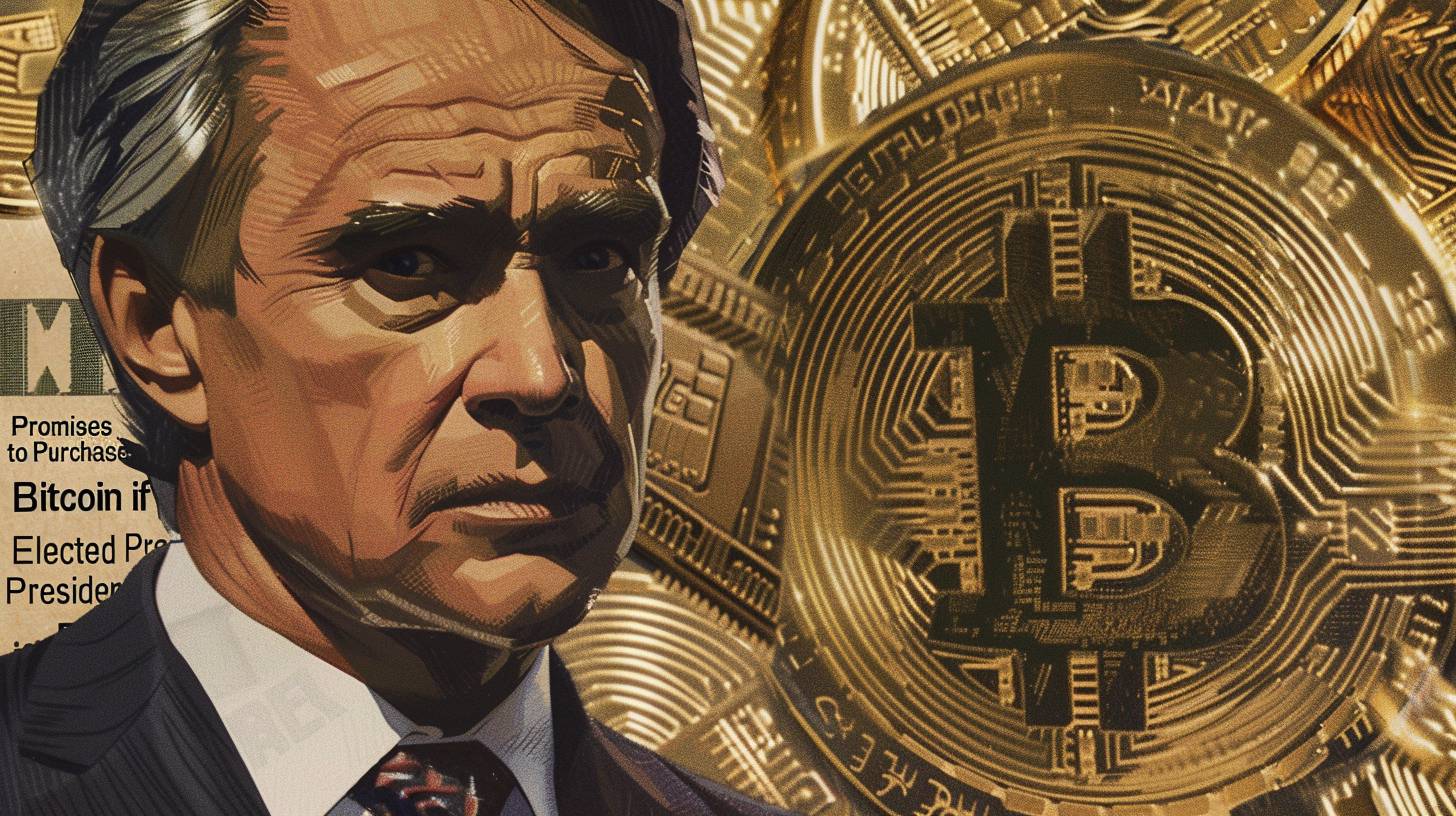
Kennedy’s ambitious Bitcoin initiative
Kennedy’s daring Bitcoin strategy has the capacity to transform both the national and global economic landscape. While it offers thrilling prospects for growth and innovation, it also carries substantial risks that necessitate careful management. For Australians, the unfolding events in the U.S. could provide crucial insights and lessons as the country carves its own path in the shifting realm of cryptocurrency.
He lauded Bitcoin as “the currency of hope” and as a mechanism for restoring financial stability following years of inadequate monetary policies. “Fiat currency emerged to finance wars,” Kennedy remarked, suggesting that a Bitcoin standard would remove incentives for military confrontations.
Source: bitcoinmagazine.com
Nonetheless, potential risks exist. The volatility of Bitcoin could present challenges to economic stability, and its incorporation into the national economy could bring about unpredictable results. Detractors contend that a strong dependence on a single digital currency could expose the economy to considerable dangers, particularly should Bitcoin’s value drastically decline. Moreover, the ecological implications of Bitcoin mining continue to be a debated topic, with growing concern over its sustainability and energy use.
Additionally, Kennedy stated he would shift the 204,000 Bitcoin currently owned by the government into a Federal Reserve strategic reserve. He guaranteed that the ripple effect of these actions would “effectively elevate Bitcoin to a valuation of hundreds of trillions of dollars.”
Independent candidate for the U.S. presidency, Robert F. Kennedy Jr., captured attention at the Bitcoin 2024 event by committing to acquire 4 million Bitcoins for the U.S. government should he win the election. Addressing an enthusiastic audience, Kennedy detailed his audacious proposal to incorporate Bitcoin into the country’s economy.
Despite not polling strongly early on, Kennedy’s unwavering support for Bitcoin may resonate with libertarian voters. He criticized high inflation and diminishing purchasing power, asserting that adopting a Bitcoin standard could resolve these concerns.
Effect on the national economy
The potential ramifications of Kennedy’s Bitcoin initiative on the national economy could be significant. By weaving Bitcoin into the U.S. financial framework, Kennedy aspires to foster a more secure and clear economic setting. The U.S. Treasury’s purchase of 550 Bitcoin daily would not only escalate demand but also greatly affect Bitcoin’s market worth. This might trigger a considerable rise in Bitcoin values, favoring early adopters and investors.
As Bitcoin becomes increasingly prominent in the 2024 election, Kennedy is evidently attempting to position himself as the leading Bitcoin-friendly candidate. His appeal for a vast 4 million Bitcoin reserve indicates his willingness to take bold stands to attract the emerging Bitcoin voter demographic.
“I will enact an executive order mandating the U.S. Treasury to buy 550 Bitcoin each day until the national reserve reaches at least 4 million,” Kennedy proclaimed. This would account for nearly 20% of the entire Bitcoin supply.
Furthermore, relocating the 204,000 Bitcoin presently held by the government to a Federal Reserve strategic reserve could indicate robust institutional confidence in Bitcoin. This action might prompt other countries to explore similar strategies, possibly inciting a global movement toward Bitcoin being recognized as a reserve asset. Such a transition could lessen the influence of fiat currencies and reshape the dynamics of international commerce and finance.
For Australians, Kennedy’s proposal may produce cascading effects. With an increasing interest in cryptocurrency, Australia might observe heightened investment in Bitcoin and other digital currencies. Australian investors could capitalize on the expected surge in Bitcoin’s worth, while local businesses could increasingly embrace Bitcoin as a payment method. Additionally, this situation could motivate the Australian government to reevaluate its regulatory approach to cryptocurrencies, potentially leading to more supportive policies for crypto advocates and investors.
Kennedy also vowed to render Bitcoin transactions non-taxable and enable tax-free exchanges of Bitcoin. He emphasized Bitcoin’s transparency as “the strongest adversary of governmental corruption.”

